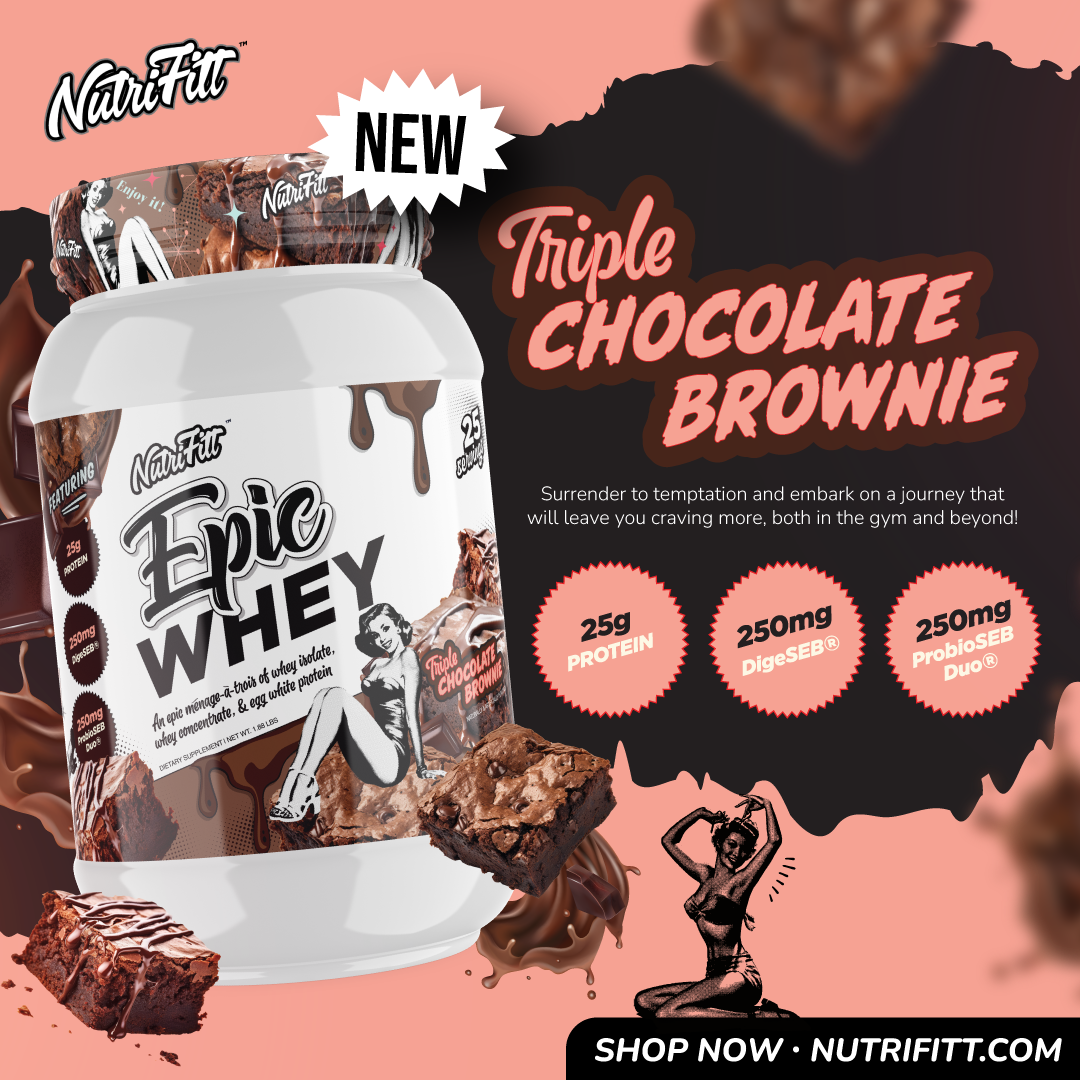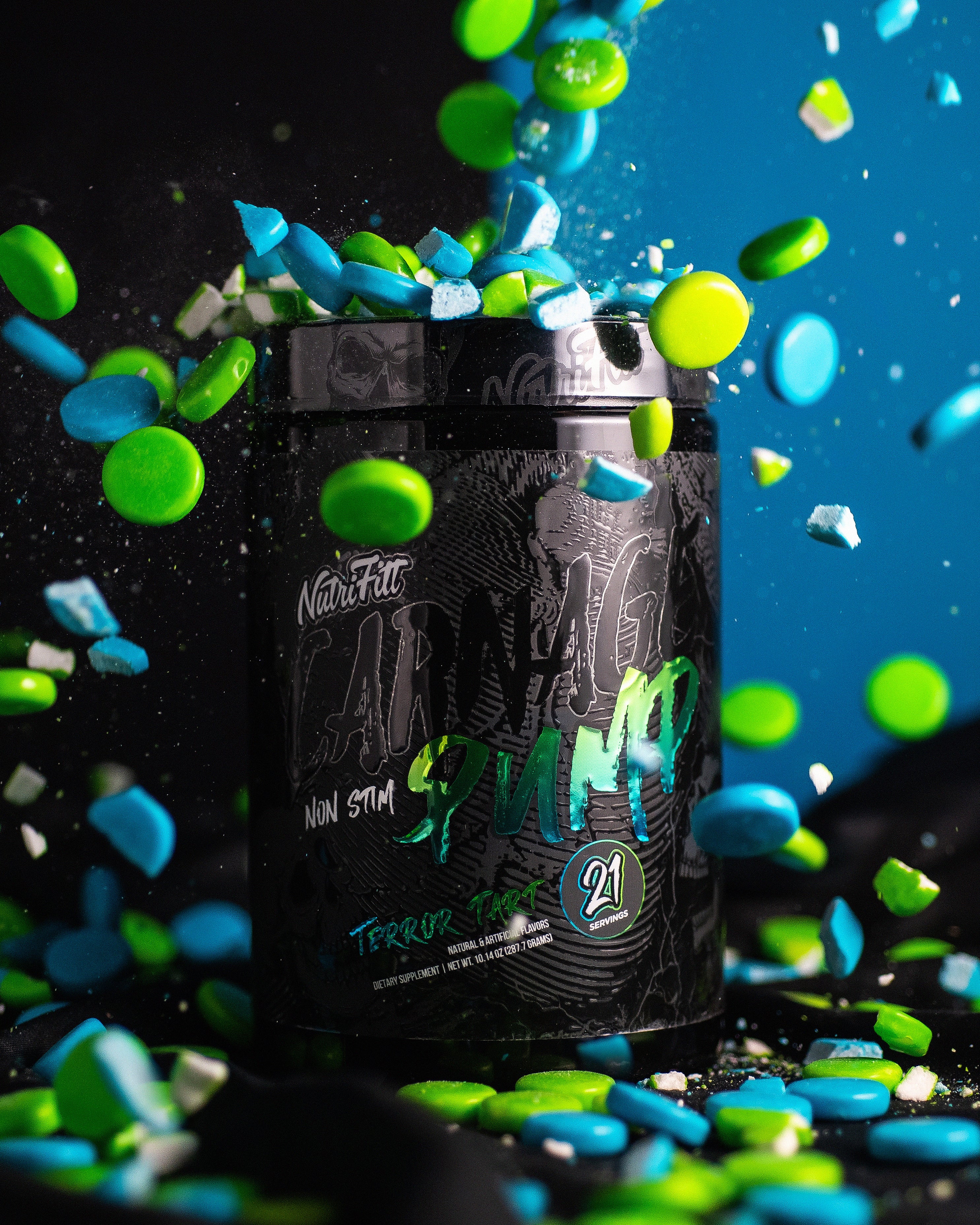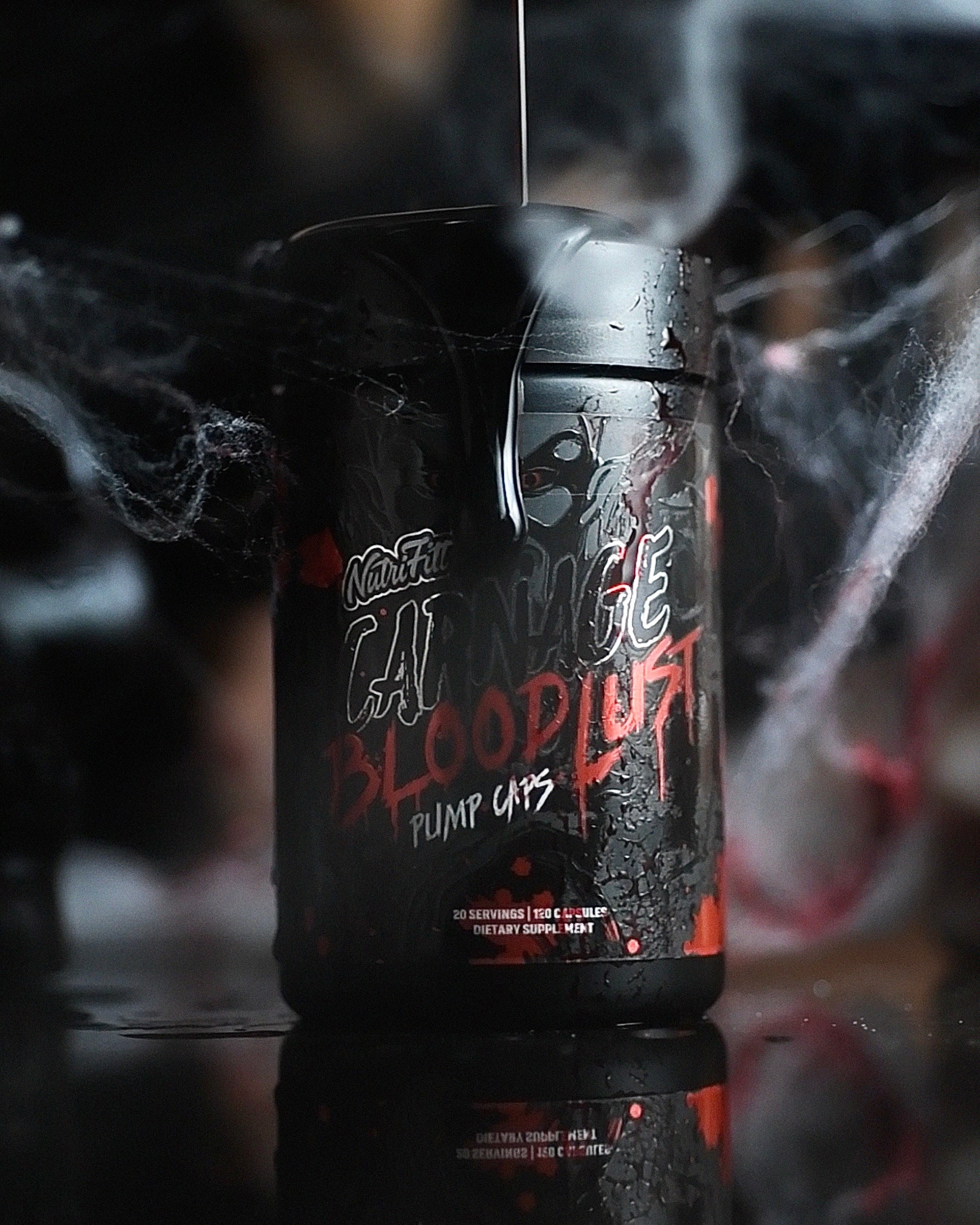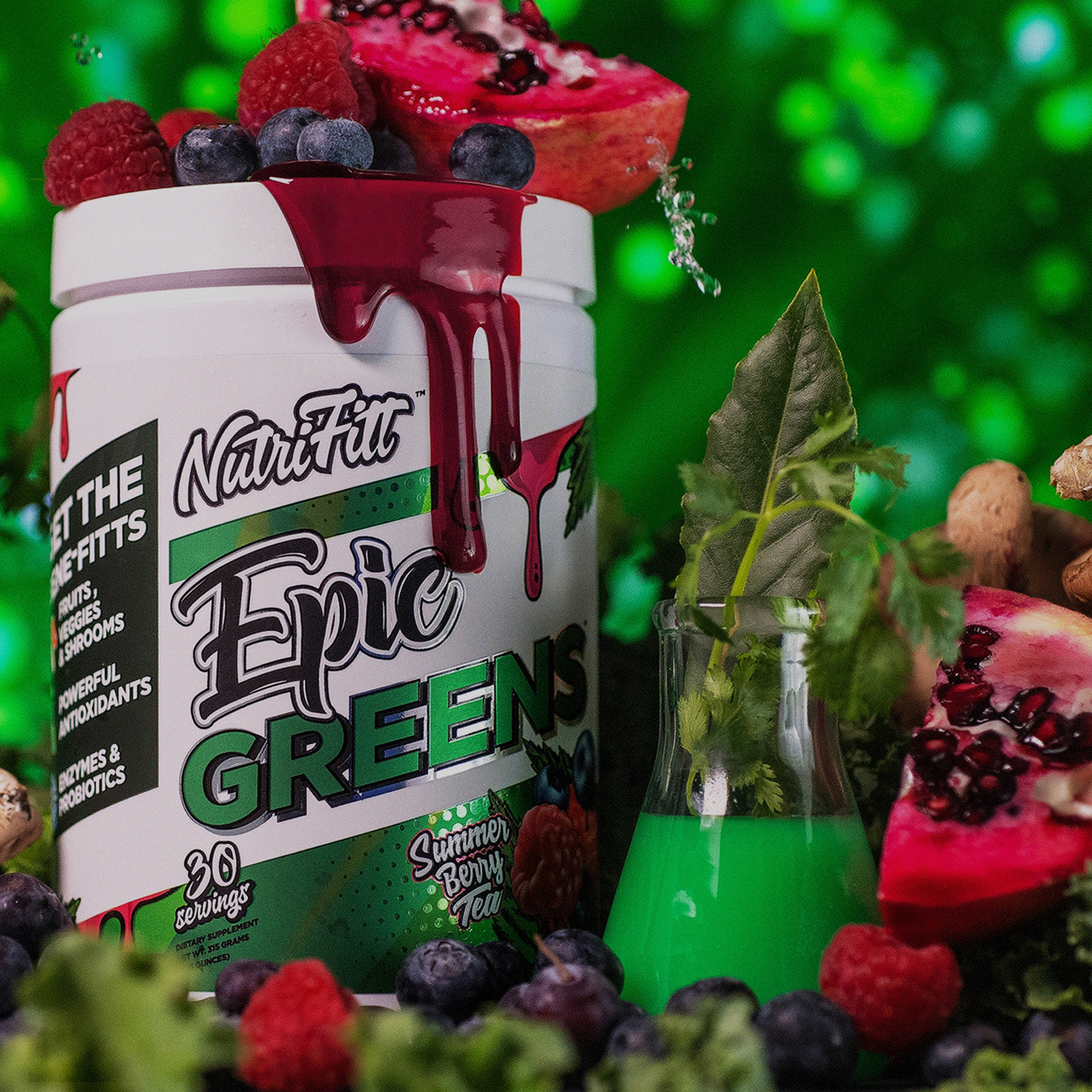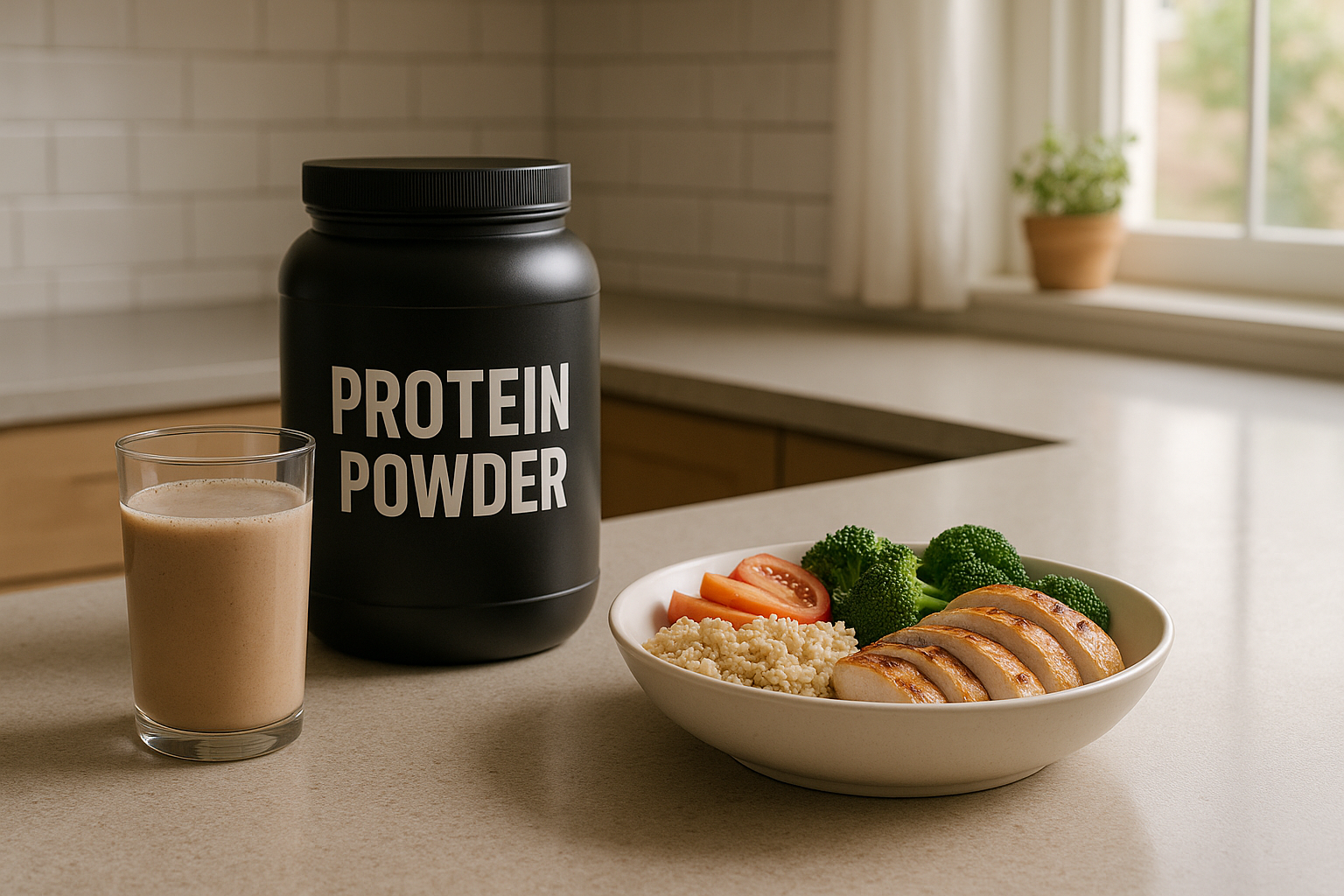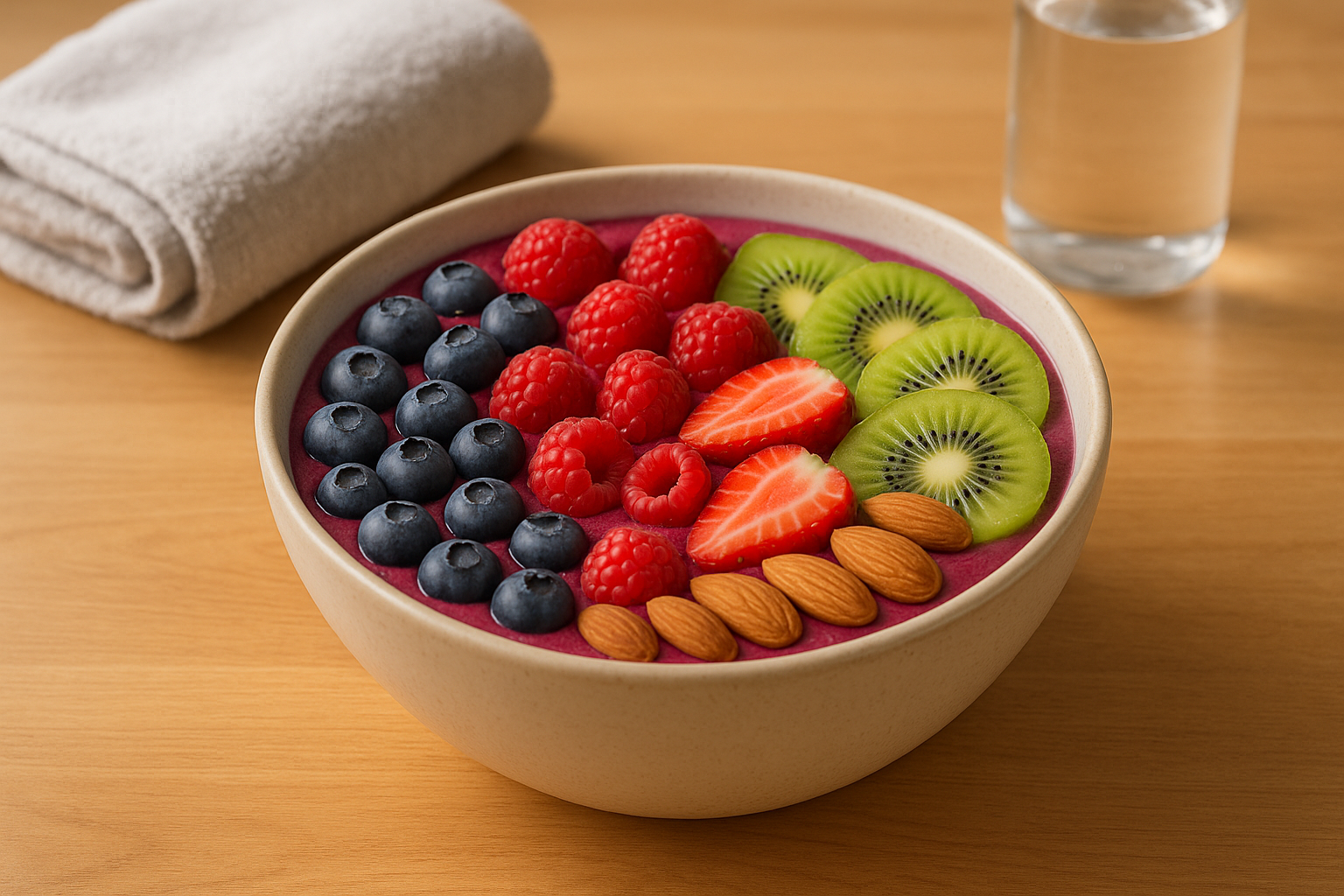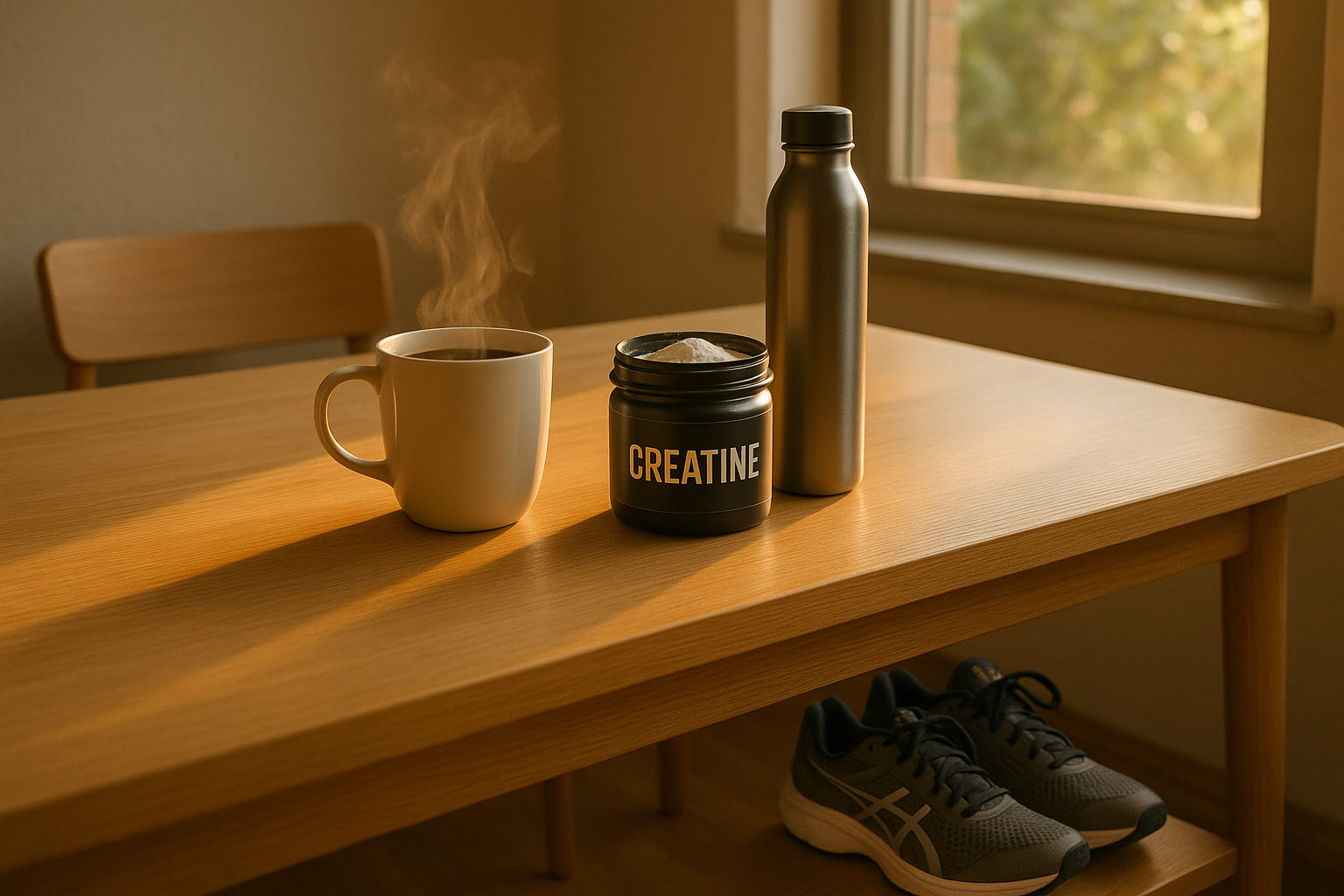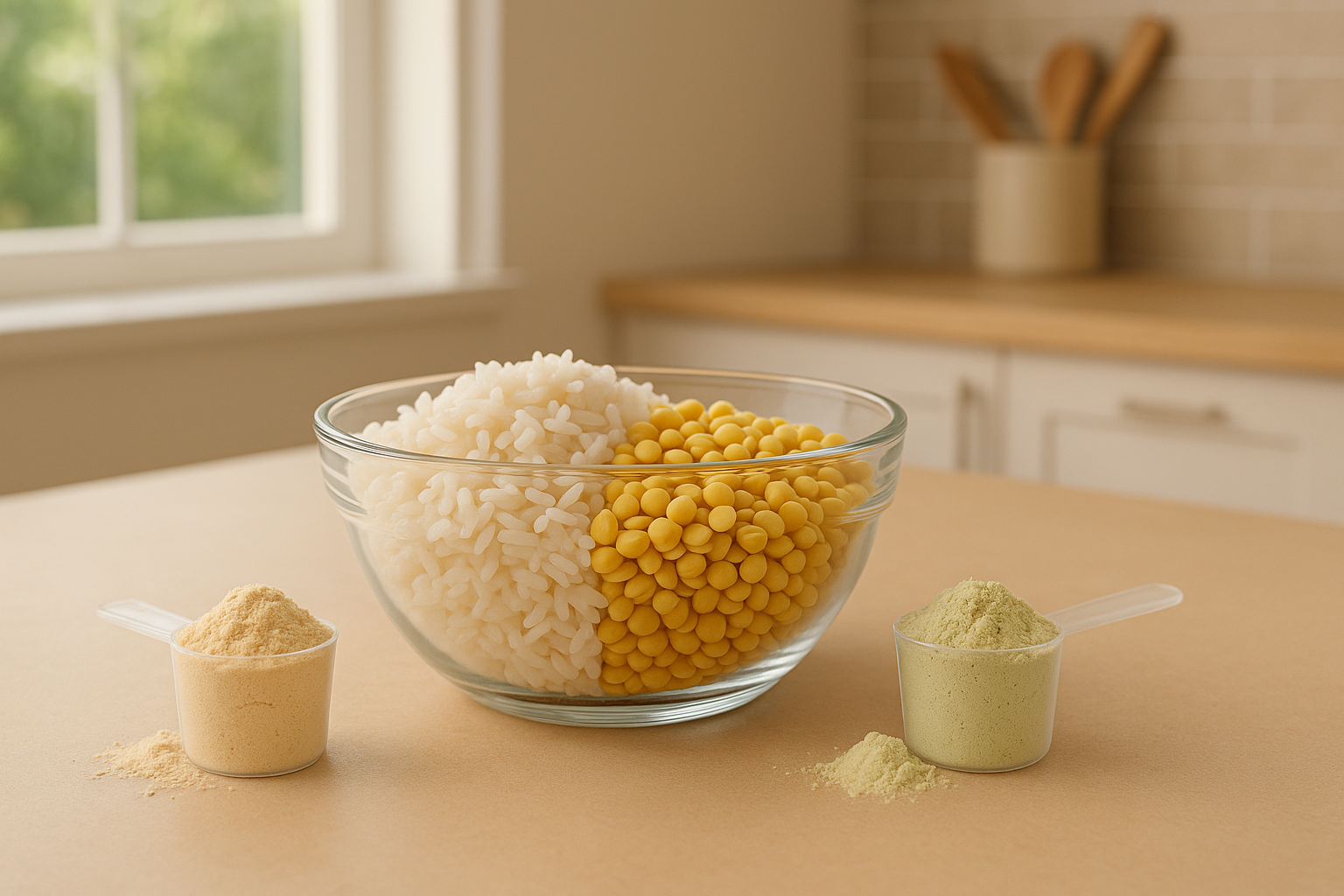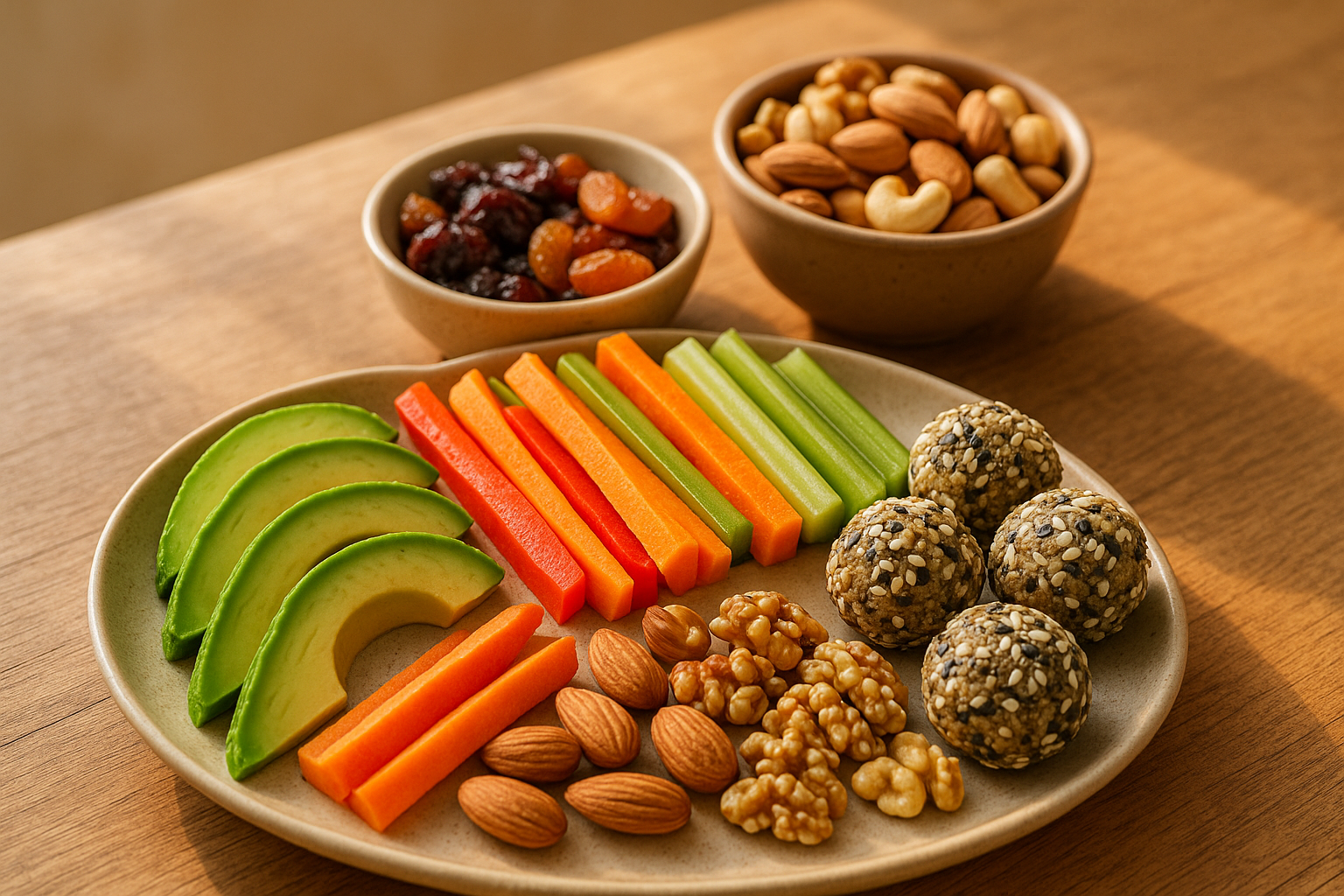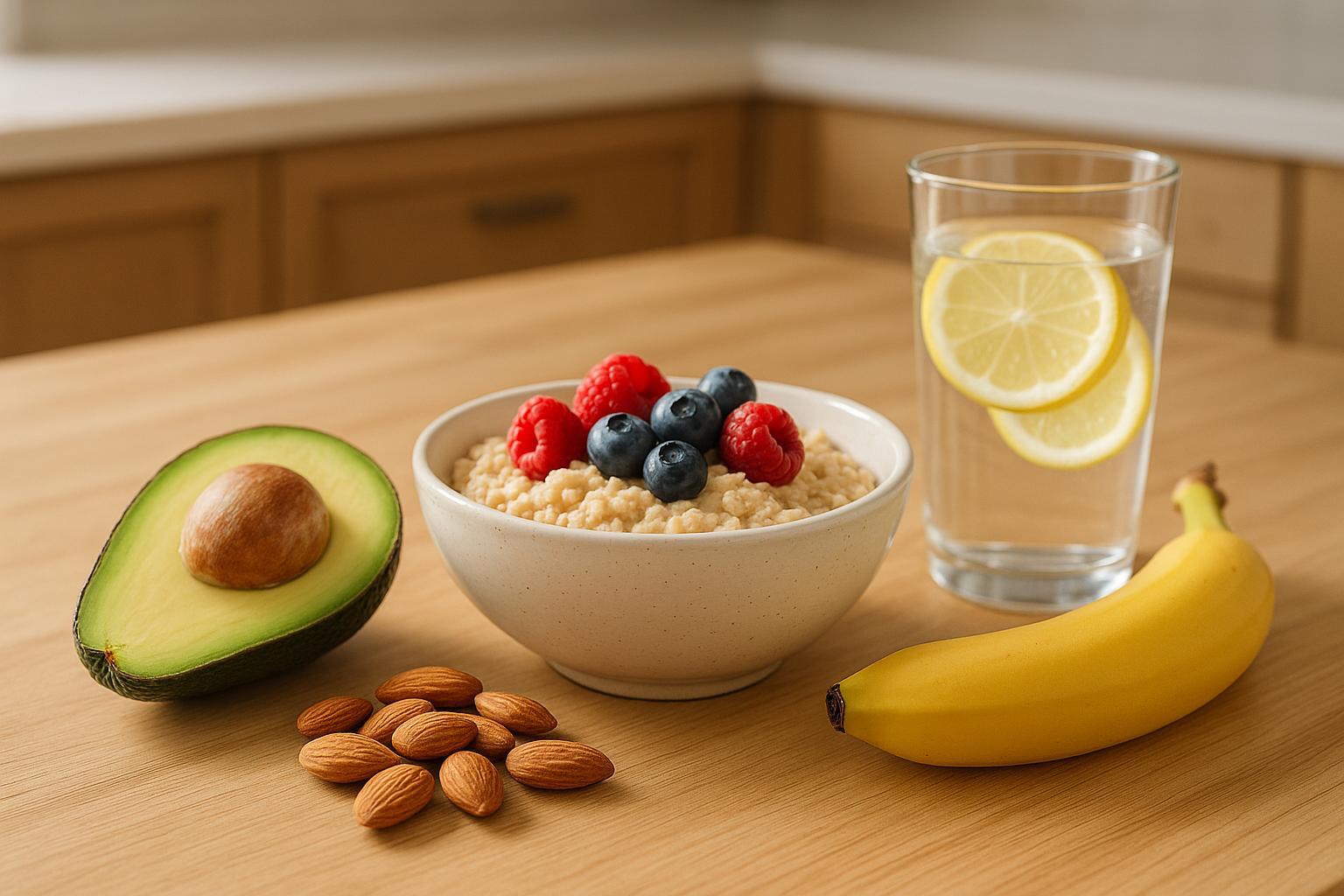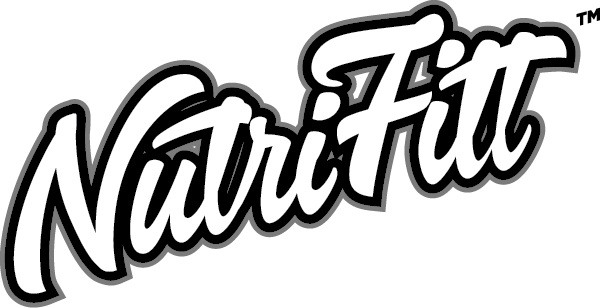
3 Unexpected Reasons You’re Not Gaining Muscle
Not everything in this world makes sense at first glance, and that holds true for how to increase muscle mass. Although it’s a fairly straightforward concept in a general sense, some of the reasons for hitting a plateau can seem so counterintuitive that you may not believe them at first. Until you understand why! Now, most of us aren’t biologists or doctors, but I think we’re all willing to agree that the human body is a very complicated piece of machinery, and unless you sit down with some textbooks, have a very highly educated mentor, or have done the “field research” as a strength and performance athlete or physique athlete, it’s hard to get all of the details straight. So let’s look under the hood of what could be holding you back from your muscle-gaining potential.
Most of us will do whatever it takes to reach our fitness goals, and sometimes that’s the problem. You will push your limits and if it doesn’t seem like it’s working, you push even harder. That’s a commendable quality, but if you’re sprinting down the wrong path, it won’t get you to the right destination any faster.
The general rules for muscle building are to ensure you are creating progressive overload in the gym, to have adequate recovery time, and to eat enough food to add muscle tissue without excess body fat. But, that raises a lot of questions doesn’t it? How many sets should I do per session, per week? How often should I train? What if I can’t keep lifting heavier each week? What happens if I’m eating a lot of healthy foods but I’m not gaining? Why do I look worse now than before?!
Here are a few reasons you may not be seeing those gains week after week and an easy solve for each of them. Let’s dive in.
YOU’RE TRYING TO STAY IN SHAPE
This is a hard pill to swallow, but if you want to gain muscle, you’re going to go through a phase of looking like a fluffy, soft stuffed animal. Not really the desired look, but still cute tho. But seriously, if you want to make long term progress, you have to understand that there are small phases, usually called mesocycles, where you are eating in enough of a caloric surplus that you do gain some body fat. That also means you may want to reduce or mostly cut out your cardio so that all those nutrients are allocated to building muscle rather than powering your cardio workouts. It seems like you would look better the more muscle you gain, but like many things in life, your physique will be developed in phases.
If you have a long term goal of, say, being 200 lb with abs, you may have to go through quite a few “bulking” and “cutting” phases to achieve your long term goal, but within that process there will be times when you look great, and other times where you don’t look the way you’re comfortable with. The first step to success here is to accept that ahead of time and enjoy the ride. You can’t get substantially bigger and substantially leaner at the same time, so you have to pick your battles in order to win your war.
YOU’RE WORKING OUT TOO MUCH
Overtraining is the enemy of muscle gains. When you overtrain, you are taxing your muscles and central nervous system more than they can recover from, and even if you are eating plenty, training too much won’t elicit more growth. Your body can only do so much at once, and even though you may want to push yourself to your limit and speed up the process, sadly that’s just not a reality. A simple way to measure this is to gauge your overall strength performance and the duration of muscle soreness. If you have gotten weaker for more than 2 consecutive weeks, you probably aren’t adequately recovering. If you are sore for more than 3 days after you train a muscle, you are also probably not adequately recovering. How do you fix this? Typically you’re going to want to reduce your training volume until you feel like you can train that bodypart again in 48 hours and make sure you’re actually eating enough for your lean body mass and goals. You can also use an amino acid supplement during your training like our Epic Aminos, which will immediately aid in recovery.
YOU’RE EATING TOO “WELL”
This sounds silly, but hear us out. This goes back to reason #1, the fear of gaining fat. It leads us to do things that we may think are good for us in our head, but then if you write it down on paper, it may not be so good. For instance, you go out for a meal with a couple friends. It’s a large meal so you decide to eat the protein first and then whatever else you can comfortably eat without getting too full. People may call this “intuitive” eating, but if your intuition is wrong you’re basically just guessing. Your body does not want to gain muscle naturally because muscle is heavy and slows you down in nature. So intuitive eating is not good for measurable and sustained results. So what’s the real problem with doing that? Well, if you do this all the time, you may be overshooting your protein goal by, say 100 grams, but undershooting your carbohydrate intake by 200g and you’re way off your required fat intake. A bulking diet requires a lot more fuel from fats and carbs than it does protein, so simply following a healthy diet isn’t going to cut it.
Eating “healthy” is an overused rationale for going off your fitness diet for “health” reasons. Although micronutrients are important, drinking lots of juices and over consuming fructose, under eating other carbs, too much “healthy” fat consumption, and overly high protein intakes are just a few problems with following health trends and forgetting about the fundamentals of a bodybuilding diet.
The best way to go into either a bulking or a cutting phase is with a plan. If you don’t have one and you are off the mark or inconsistent, you won’t see the results you’re looking for. Track your food, pick a duration for your bulking phase and go all in. Then, when you’re done, go all-in on a cutting phase. Eat appropriately for both.


